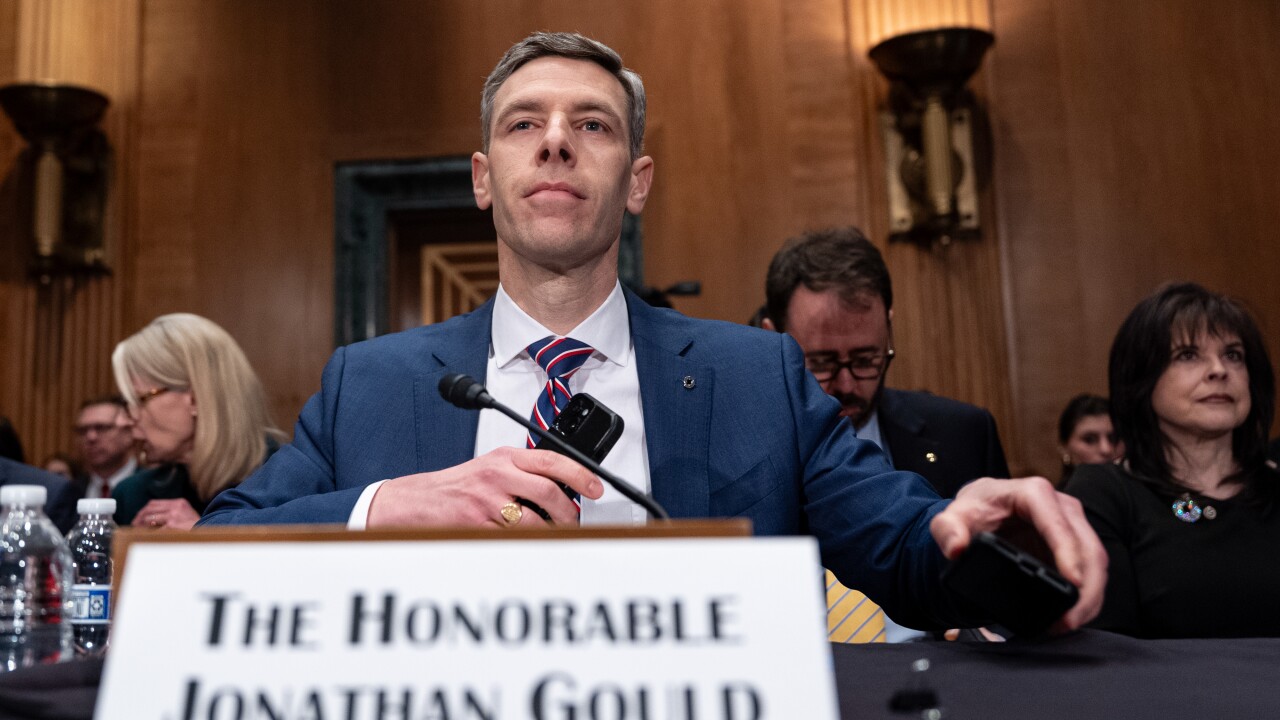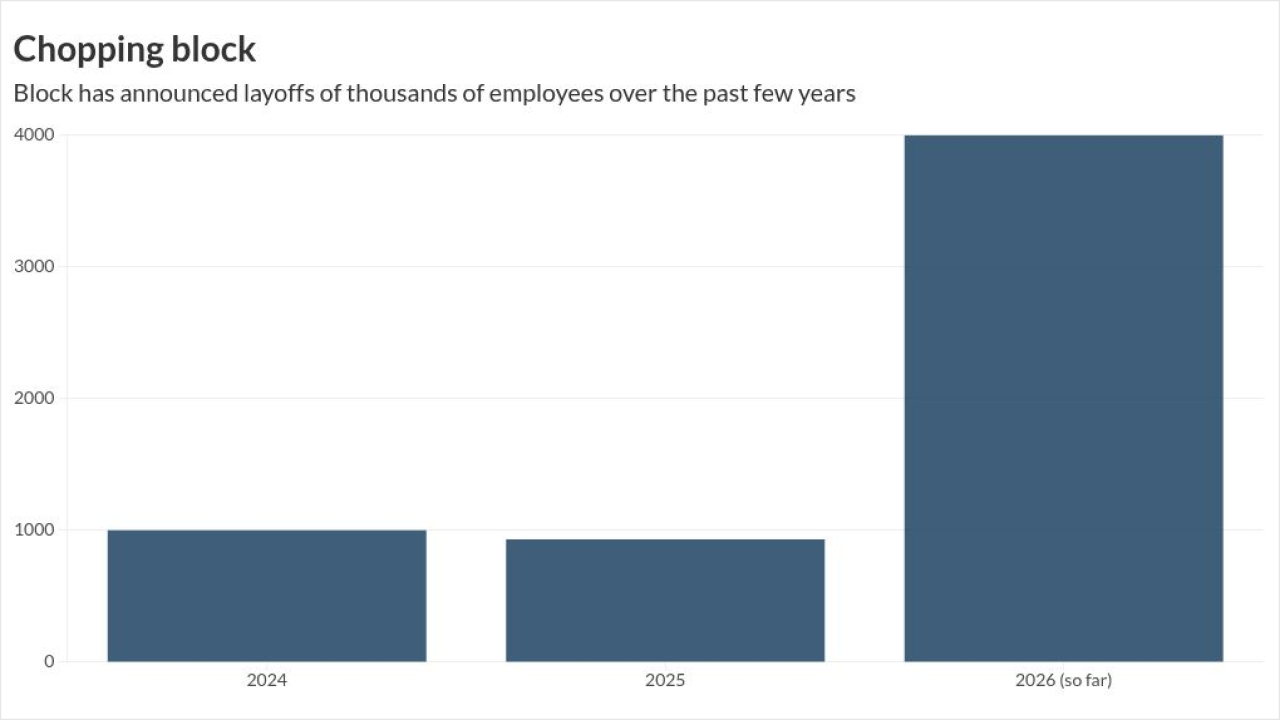As the nation awaits an incoming administration, acting Comptroller of the Currency Brian Brooks continues to charge ahead with aggressive actions, provoking both state authorities and consumer advocates. His latest overreach involves an age-old favorite for this banking agency —
The Office of the Comptroller of the Currency has a long history of this type of behavior. In the late
Each of these state efforts was met with pushback from the federal banking regulators, who argued that because of federal preemption, if a bank was federally chartered, the state law simply did not apply to the bank. This culminated in a now infamous 2004 regulation
This occurred at about the same time states were beginning to notice and respond to the growth in subprime mortgage lending. The OCC, armed with favorable court decisions, cut states off time and time again, while not as heavily policing the banks’ bad behavior itself.
In the wake of 2008, Congress clamped down on the OCC and sought to make it more difficult for the agency to issue preemption regulations. Specifically, by approving a section in the Dodd-Frank Act that circumscribes when the OCC can preempt state consumer financial laws.
One of the most important limitations provides that, in order for the OCC to claim preemption, the state law at issue must “significantly interfere” with the exercise by the national bank of its powers. In coming to this conclusion, the OCC must engage in a case-by-case analysis (rather than make a blanket claim of preemption as it had done
But as of Dec. 18, the acting comptroller offered a different
In its
The likely reason for this maneuver is to buttress the agency’s legal arguments in the
Yet, the letter itself is a power grab of an even greater magnitude. By the OCC’s reading, any of the agency’s future efforts to blunt state consumer protection laws would largely be shielded from meaningful oversight — a return to the freewheeling days of OCC preemption.
Luckily, there’s almost surely no legal basis for this power move. Whether something is preemptive or not depends on what the regulation itself purports to do. And if it looks like preemption, it is preemption, even if the OCC doesn’t explicitly say it.
To allow the OCC to engage in preemption rulemaking and completely ignore the law by merely avoiding the use of buzzwords like “preemption determination” would completely undermine Congress’s intent. The OCC should not be able to do indirectly what it cannot do directly, and a court would likely agree.
But there’s a larger lesson here, one for the incoming Biden administration. The national federal banking regulator has been engaged in overreach since the start of the current administration.
Whether through special nonbank charters or efforts to undermine state usury or licensing laws, the OCC has bypassed state attorneys general and state financial services supervisors, as well as consumer advocates, at every turn. The OCC serves the public, not the banks it regulates. It should view the states and advocacy groups as partners, not adversaries.
It’s time for a hard reset on the financial federalism relationship and, more fundamentally, in how the OCC views its role. The new administration should make this a priority, particularly when it comes to personnel decisions.
A good first step would be to toss this interpretive letter into the trash bin.





